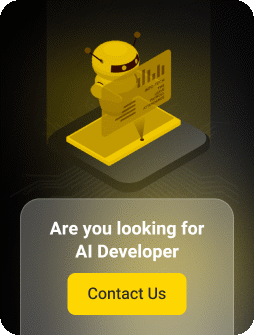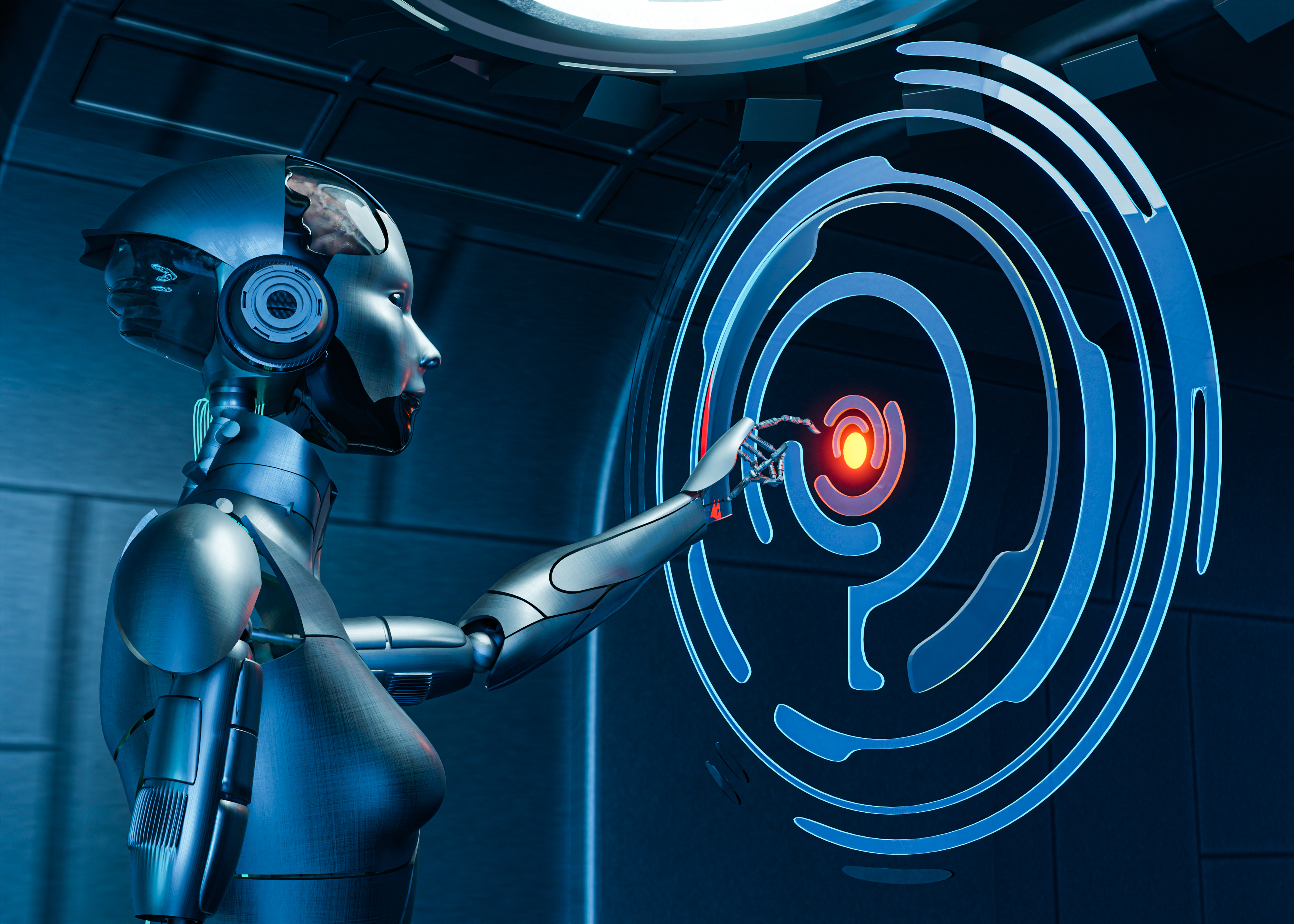The hospitality industry is growing fast, and with it comes a new wave of everyday challenges. As guest expectations rise and operations get more complex, solving these issues isn’t just a competitive edge anymore, it’s becoming a necessity.
The global tourism industry continues to expand, reaching over $11.3 trillion in 2023 and showing no signs of slowing down. But behind every trip, vacation, and weekend escape lies one constant: hospitality.
Whether it’s a hotel stay, a dining experience, or a curated guest service, hospitality is the foundation that supports travel. It’s what makes people feel welcomed, cared for, and connected throughout their journey.
Naturally, as tourism grows, so does hospitality. In 2024, the global hospitality market reached an estimated $5.5 trillion, reflecting just how essential this sector is to the overall travel experience. But while the numbers show growth, they also reveal something else: pressure.
With more guests to serve and higher expectations to meet, hospitality businesses are being stretched thin. Operational complexity is rising, staffing is a constant challenge, and traditional systems are struggling to keep up. Long response times, manual processes, and inconsistent service are no longer small issues, they’re major roadblocks in an industry where experience is everything.
To keep up and stand out, hospitality businesses now need smarter systems that can scale, adapt, and deliver consistently, without losing the personal touch.
But before we get into the solution, it’s important to take a step back and look at what’s actually going wrong on the ground.
What’s Really Holding Hospitality Back?
The hospitality industry is evolving fast, but many of the systems and processes behind it haven’t caught up. And in most cases, it’s the people on the front lines who are feeling the pressure the most.
With limited staff, rising guest expectations, and nonstop daily demands, even the most experienced teams are struggling to keep up.
Here are the most common challenges hospitality businesses are facing today, and why they’re getting harder to ignore:
There Simply Aren’t Enough People on the Floor
Anyone working in hospitality right now knows the feeling. You’re trying to help a guest, answer the phone, assist a colleague, and handle three other things at once. With fewer people available, multitasking isn’t just part of the job, it becomes the whole job. And while everyone’s doing their best, it’s hard to deliver great service when you’re stretched that thin.
New Hires Are Gone Before They Fully Arrive
Hiring someone new should bring relief, but often it brings more chaos. There’s no time to properly onboard or train, so new team members are dropped into the deep end with little support. They’re overwhelmed from the start, and many leave before they’ve had a real chance to contribute. The team is left scrambling once again, trying to fill in the gaps.
Guest Requests Slip Through the Cracks
Not on purpose just because there’s too much going on. A towel delivery gets forgotten. A room service order never makes it to the kitchen. A lightbulb that was supposed to be replaced is still flickering the next day. These aren’t signs of carelessness. They’re the natural outcome of a team that simply doesn’t have enough capacity to stay on top of everything.
Housekeeping and Maintenance Can’t Catch Up
Even with hard-working staff, there’s only so much that can get done in a day. Room turnovers run behind schedule. Routine fixes sit unaddressed. Teams are constantly trying to catch up, which means rushing through tasks and pushing less urgent issues forward. Over time, these delays add up and start impacting the guest experience in very real ways.
Managers Are Reacting Instead of Leading
When the team is short, managers jump in to help which is great in the short term, but not sustainable. They’re covering shifts, handling complaints, stepping into roles that aren’t theirs, and putting out fires left and right. That leaves no space to lead, plan, or solve long-term problems. The entire operation becomes reactive, not strategic.
Communication Isn’t Keeping Up With the Pace
When everyone is moving fast, small miscommunications become major breakdowns. A guest request might get handled twice or not at all. Housekeeping might turn over a room that wasn’t actually ready. With no time for handoffs or check-ins, even basic coordination becomes a challenge. The team loses sync, and the guest feels it.
The Thoughtful Touches Are Disappearing
The details that used to define a great stay are now the first things to go. That welcome call, the follow-up on a special request, the extra effort to personalize an experience, they all get lost in the rush. Guests still get what they paid for, but it feels transactional. The warmth that makes hospitality feel human starts to fade.
Feedback Is Pointing Out What Teams Can’t Fix Fast Enough
Guests may not see the chaos behind the scenes, but they definitely notice the results. A missed greeting, a delayed check-in, or a cold interaction becomes the headline of their review. And in an industry where perception is everything, even small issues can turn into major reputational risks if they happen too often.
Most Decisions Are Based on Guesswork
With no real-time insight into what’s working and what’s not, managers are left to make decisions based on instinct. They prioritize what seems urgent, often without the data to back it up. That makes it hard to improve operations or spot patterns. Instead of addressing root problems, the team stays in reaction mode.
Burnout Is No Longer Looming, It’s Real
You can feel it in the tone of voice, the body language, and the energy of the team. People are running on empty, and it shows. They’re still showing up, still trying, but the spark is missing. And when the people delivering the service are drained, it’s only a matter of time before the experience itself starts to suffer too.
The reality is, these challenges aren’t just frustrating: they’re draining. And when they’re happening all at once, it becomes nearly impossible to keep delivering the kind of service that guests remember for the right reasons. Something has to change.
The Obvious Solution: Automation Through Smart AI Agents
Now that we’ve looked at the core problems weighing down the hospitality industry, the next question becomes obvious: how do we actually fix them?
Because the truth is, most of these challenges aren’t caused by lack of effort. They’re caused by a lack of support. Staff are doing everything they can, but they’re working within systems that simply can’t scale with the pace of demand. And that’s where change needs to happen.
The answer isn’t to just keep hiring or working harder. It’s to introduce something smarter, something like: Smart AI agents, which offer a new way forward. These are not your average chatbots or scripted automation tools. They’re designed to act with purpose, make decisions based on real-time data, and actually take tasks off your team’s plate. Whether it’s handling guest requests, managing room readiness, assisting with check-ins, or helping staff stay organized, AI agents step in to reduce friction, boost consistency, and lighten the load across the board.
Note: AI agents won’t replace your team. Instead, they give your team the breathing room to do what humans do best: deliver hospitality with care, energy, and attention.
And for an industry built on experience, that shift is exactly what’s needed.
How Agentic AI Solves the Big Problems in Hospitality
So we’ve talked about the problems, and we’ve introduced the solution. Now it’s time to connect the dots and look at how agentic AI can actually solve the day-to-day challenges hospitality teams are facing.
Here’s how agentic AI steps in to support each of the core issues we explored earlier:
Automate Routine Tasks to Support Lean Teams
When your team is already doing the work of three people, the last thing they need is more busywork. Agentic AI steps in to take over the small but essential tasks that drain time and energy, like sending check-in instructions, confirming bookings, answering repetitive questions, or logging service requests. By taking these off your staff’s plate, they can focus on what they’re really there to do, serve guests with care and attention.
Bridge Staff Gaps With Always-On Operational Coverage
It’s not always possible to hire more people, but it is possible to extend your team’s reach. Agentic AI doesn’t need breaks, sleep, or supervision. It’s active around the clock, ready to handle common requests, support guests during off-hours, and keep things running smoothly when your team is maxed out. Whether it’s managing overflow during peak times or filling in the cracks overnight, it helps you maintain consistent service without burning out your staff.
Track and Fulfill Guest Requests Without Delays
A single missed request can turn a good stay into a frustrating one. Agentic AI makes sure that doesn’t happen. It logs every guest request as it comes in, routes it to the right department instantly, and follows up to ensure it’s completed. If something’s delayed, the system flags it so your team can respond quickly. That kind of behind-the-scenes support ensures guests feel heard, and nothing falls through the cracks.
Streamline Room Turnovers and Maintenance Workflows
When communication breaks down between departments, rooms aren’t ready, and small problems go unfixed. Agentic AI brings real-time coordination to these workflows. It tracks check-outs, assigns housekeeping based on priority, and alerts maintenance teams as soon as an issue is reported. Everyone knows what needs to happen and when. That means faster turnovers, cleaner rooms, and fewer service delays, all without needing constant updates or check-ins from staff.
Free Up Managers to Focus on Leadership, Not Logistics
Great managers shouldn’t be stuck chasing updates or filling in at the front desk. Agentic AI gives them space to lead. By handling repetitive coordination tasks (like shift assignments, task tracking, or incident reporting) AI agents keep daily operations flowing smoothly in the background. That frees managers to focus on training their team, improving service standards, and solving problems before they reach the guest.
Keep Teams Aligned With Real-Time Communication
In hospitality, the smallest miscommunication can lead to big problems. Agentic AI helps your team stay in sync, even when everyone’s running in different directions. It keeps departments connected with instant updates, so when housekeeping finishes a room or maintenance fixes an issue, the front desk knows right away. No sticky notes, no missed messages. Just seamless coordination that keeps service moving without the stress.
Scale Personalized Service Without Extra Hands
Guests want to feel seen, but scaling that kind of personalized experience across every shift and every property can feel impossible, especially with limited staff. Agentic AI remembers guest preferences, past requests, and even special occasions. It helps staff tailor interactions in real time, making every guest feel like a VIP. All the warmth of a personal touch, without the extra workload.
Catch and Resolve Guest Issues Before They Escalate
It’s not just about responding quickly, it’s about catching problems before they impact the guest experience. Agentic AI monitors guest feedback, sentiment, and behavior across channels. If something’s off, it flags it early and prompts your team to take action. That means fewer complaints, faster resolutions, and more chances to turn a near-miss into a memorable recovery moment.
Make Smarter Operational Decisions With Live Data
When everything’s moving fast, it’s easy to rely on gut instinct. But with agentic AI, managers get live visibility into what’s working, what’s behind, and where support is needed most. It tracks task completion, guest activity, performance patterns, and more, all in real time. That means better decisions, fewer surprises, and a team that’s set up to succeed every day.
Reduce Repetition and Protect Team Well-Being
Hospitality is built on human energy, but burnout is real. Agentic AI takes the pressure off by handling repetitive, high-friction tasks like status updates, follow-ups, or basic inquiries. It reduces the mental load on your team and gives them space to breathe. The result? Staff who are less overwhelmed, more engaged, and better equipped to deliver great service without running on empty.
In short, Agentic AI offers a practical way to solve real problems and help hospitality teams work smarter every day.
What Does It Cost to Implement Agentic AI in Hospitality?
When it comes to adopting new technology, cost is always one of the first questions—and with good reason. The great news is that implementing agentic AI doesn’t require a complete system overhaul or a massive upfront investment.
In most cases, the cost of bringing AI agents into your operations depends on a few key factors: the size of your business, the areas you want to automate, and the level of customization required. Some solutions are priced per agent or per task, while others are subscription-based and can scale as you grow.
For smaller hotels or hospitality teams, entry-level deployments can start at just a few hundred dollars per month. Larger operations with complex workflows may require a more tailored setup, which comes with a higher investment but also bigger returns in saved time, improved efficiency, and better guest satisfaction.
The best part? Many businesses see cost savings quickly. With reduced staffing pressure, fewer manual tasks, and less time spent fixing service breakdowns, agentic AI often pays for itself sooner than expected..
Let’s Get Started With Agentic AI!
If you're ready to solve the everyday challenges in your hospitality business with smarter, scalable solutions, let's make it happen.
At Eminence, we help hospitality brands of all sizes design and implement custom agentic AI systems that actually work. Looking to automate guest requests, streamline operations, or reduce team burnout? Don’t worry, we’ll guide you through every step, from strategy to deployment.
You don’t need to figure it all out on your own.
Give us a call or reach out today, and let’s build the future of hospitality together.















